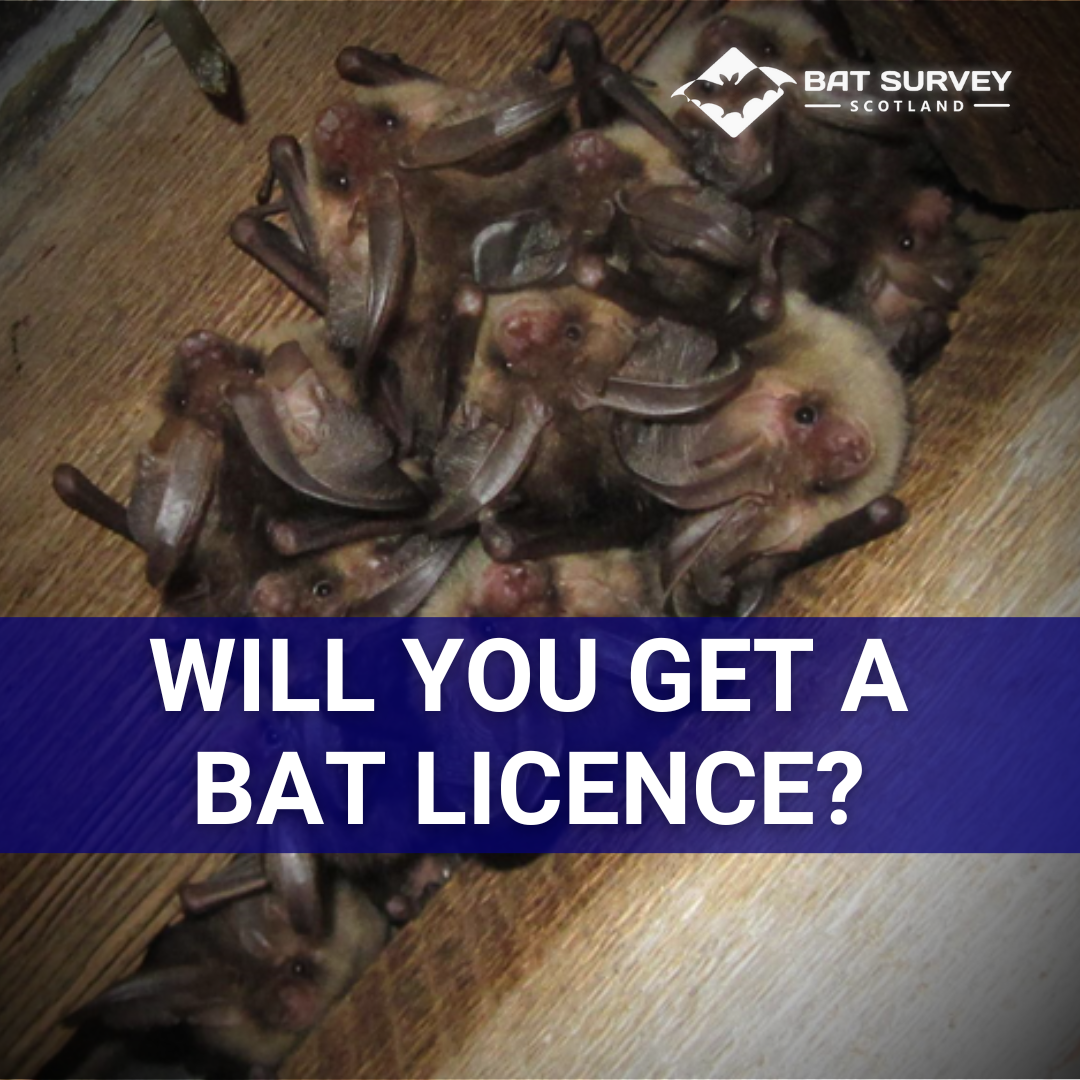Hair-Raising Bat Myths: What If It Gets in My Hair?!
One of the most persistent myths about bats is that they're prone to getting tangled in people's hair.
First off, bats are extremely unlikely to end up in your hair. This misconception has led to significant unnecessary fear, and we can assure you that after over 18 years of bat surveying we have never seen a bat even close to being in someone’s hair!
Bats Aren't Interested in Your Hair - Phew!
The truth is, bats have absolutely no interest in your hair. They're far more focused on their next meal - typically insects like midges that might be flying around you. So if you see a bat swooping near you on a summer evening, it's doing you a favour and eating midges.
Agile Flyers with Precision
Bats are incredibly agile flyers, capable of navigating complex environments with precision. Their echolocation allows them to create detailed 'sound pictures' of their surroundings, finding objects as small as their prey (often no larger than a few millimetres) and as large as obstacles to avoid - like you! If you need evidence, consider the woodland specialist Natterer’s bat. These bats are so adept at flying that they can pluck spiders directly from their webs - like in the video linked below.
Adapted to Their Environment
Different bat species have evolved to fly in ways that suit their specific habitats and hunting strategies. For example:
The Brown Long-eared Bat is adapted for flying in cluttered environments like woodland. They have a slow, fluttering flight that allows them to hover and glean insects from vegetation.
In contrast, the Noctule bat is built for speed. These bats fly high and fast in open areas, catching insects on the wing.
Far from clumsy or accidental in their movements, and may swoop close to trees, animals, and buildings to reach their prey if needed.
When Do Bats Get Lost?
While it's extremely rare for a bat to end up in someone's hair, you might encounter a bat in an unexpected place at times. In summer, when young bats are learning to fly, they sometimes become disoriented and end up in buildings. These 'lost' bats are not aggressive or trying to nest in your hair - they're simply confused and need help finding their way back outside.
If you do find a bat in your home, the best course of action is to contact a licensed bat worker or the Bat Conservation Trust for advice. Remember, bats are protected species in the UK, and it's illegal to handle them without proper training and licensing.
For more information about bats, their behaviour, and how to coexist with them, explore our other blog posts or contact our team of bat specialist ecologists. We're always happy to help!
If you need a bat survey (or think you might) get in touch with our team of specialist ecologists!
Or read more of our latest blogs:







